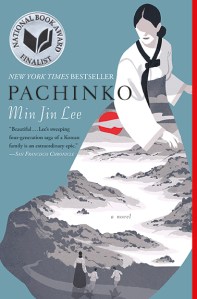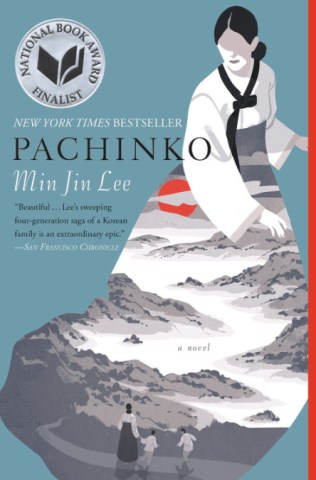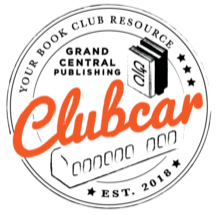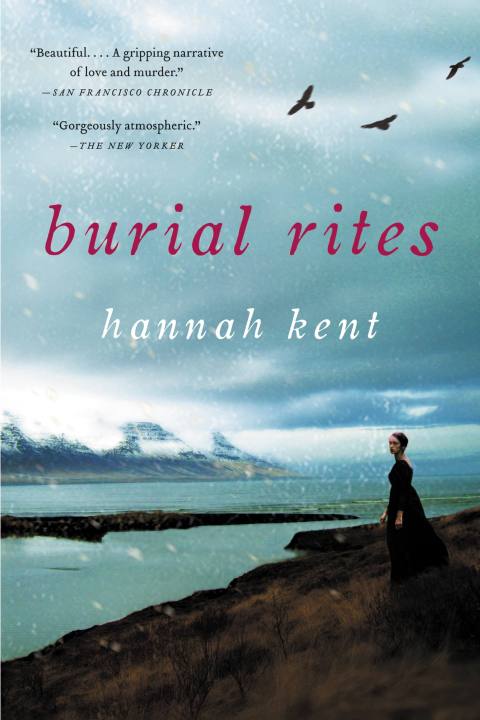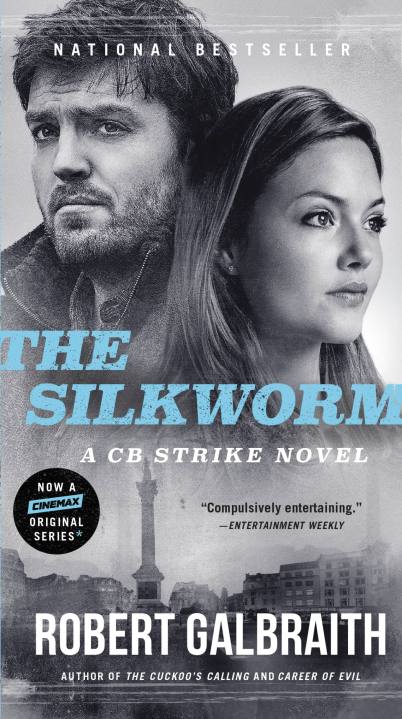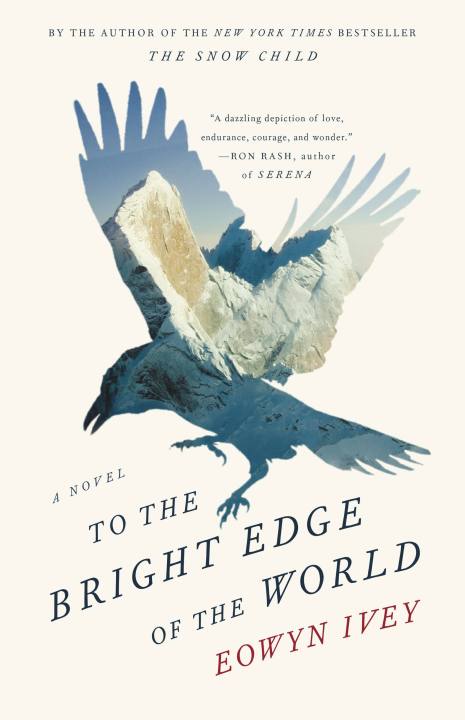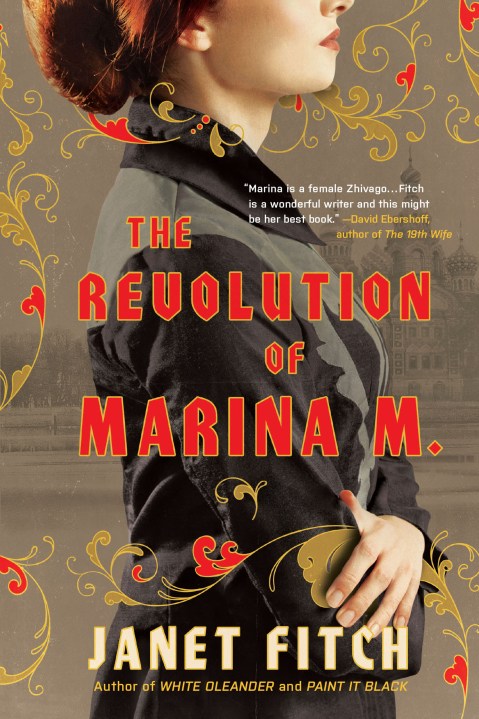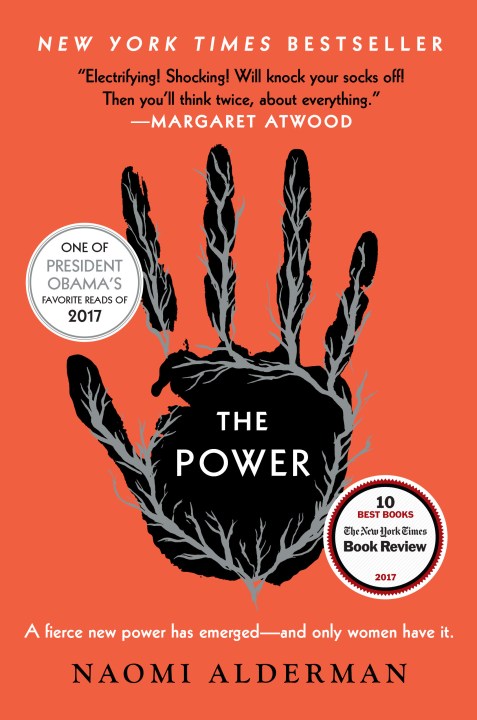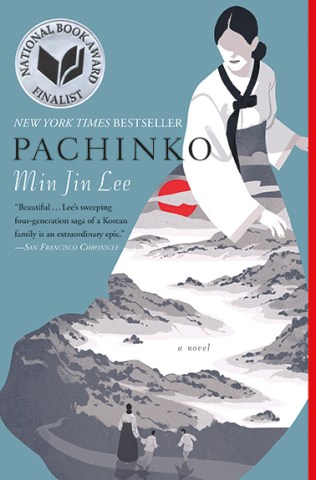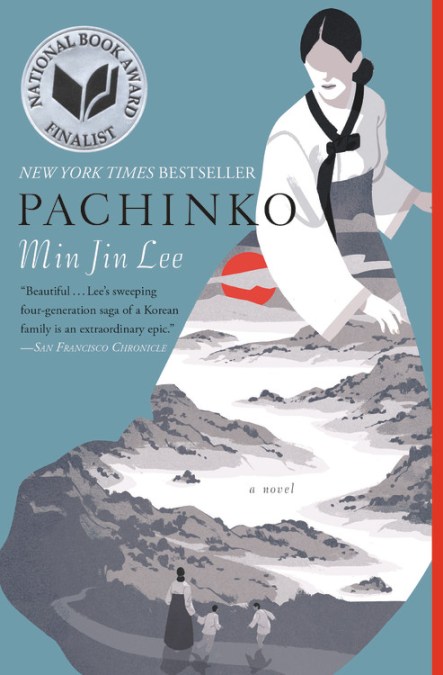What initially inspired you to write this novel? Why did you choose to focus on Korea and Japan during a time of war?
I learned about the Korean-Japanese people nearly thirty years ago when I was in college. I didn’t know anything about this community, which had its origins during the Japanese colonial occupation of Korea from 1910 to1945. As a history major and as an immigrant, I was curious about the Korean diaspora, resulting from the invasions and destabilization of the once-unified nation. However, what really moved me to write this novel and to rewrite it so many times were the compelling stories of individuals who struggled to face historical catastrophes. Although the history of kings and rulers is unequivocally fascinating, I think that we are also hungry for the narrative history of ordinary people, who lack connections and material resources. The modern Korean is informed by the legacy of the Japanese occupation, World War II, the Cold War, and the Korean War as well as Confucianism, Buddhism, Communism, and Christianity. All these topics are reflected in this book, because they interest me, but I wanted to explore and better understand how common people live through these events and issues. These wars and ideas loom large in our imagination, but on a daily basis, such events and beliefs are illustrated concretely from moment to moment.
Which authors do you admire?
I adore nineteenth-century writers Bronte, Eliot, Trollope, Dickens, Flaubert, Tolstoy, and Balzac. I also love Sinclair Lewis, Theodore Dreiser, Sherwood Anderson, William Faulkner, Edith Wharton, Ernest Hemingway, Zora Neale Hurston, Mark Twain, Tanizaki, Henry James, James Baldwin, and Ralph Ellison. As for modern living writers, I very much admire Lynn Ahrens, Lan Samantha Chang, Alexander Chee, Junot Díaz, Robin Marantz Henig, Kazuo Ishiguru, Colson Whitehead, Haruki Murakami, David Henry Hwang, Meg Wolitzer, Maxine Hong Kingston, Hilton Als, Simon Winchester, Chang-rae Lee, David Mitchell, Toni Morrison, Alice Munro, Gary Shteyngart, William Trevor, and Erica Wagner. The writings of Cynthia Ozick, Shelley Fisher Fishkin, Audre Lorde, Vivian Gornick, bell hooks, James Baldwin, and Virginia Woolf continue to encourage me to write more honestly and to dwell on subjects that matter to me.
Much of this novel deals with the pressures of being a first-generation immigrant, or having dual cultural identities. How much of this was informed by your own experiences? What effects do you think war has on individuals and society?
Consciously or unconsciously, being a first-generation immigrant informs my point of view and interests. Regardless of one’s identity, all of us live in an information era where we are continually made to feel physically vulnerable to the political instability and violence around the globe in real time. Consequently, most of the developed world has growing factions in each nation, which want to raise the drawbridge and batten down the hatches. Out of fear, many of us want to retreat, and this makes some sense. Fair or no, immigration is considered in the context of economic scarcity, fear of terrorism, wars and geopolitical conflicts, which may be incipient stages of informal proxy wars. Whatever their cause, all such anxieties and conflicts affect individuals and societies and their movement patterns. Naturally, the movement of people changes the culture of the people around them, and the culture of the people around them affects the migrant people.
As for me, I lived just a few blocks away from the World Trade Center during the September 11, 2001, attacks, and my family and I had to be evacuated for a time. My family and I were residing in Tokyo during the Tohoku Earthquake on March 11, 2011. I have been changed by these events, and these events inform my work and the way I approach crises.
Unfortunately, every one of us is vulnerable to manmade and natural disasters, small and great. According to the United Nations High Commissioner of Refugees (UNHCR), there are over 65 million refugees in the world, which is about 1 out of every 113 people on earth. When my father was sixteen years old, he lost his family in the Korean War. The war and the memory of being a war refugee was not spoken of often, but these events lingered in the air of my childhood home. I think this kind of trauma is an unspoken legacy for many first- and second-generation immigrants in the United States and elsewhere. My father, a teenage war refugee from Wonsan, became a South Korean migrant worker in Busan, then a college-educated businessman in Seoul. He immigrated to the United States and became a small business owner. He is now a naturalized American citizen, a retiree, and a member of the AARP who also enjoys recreational deep-sea fishing. He has lived many lives away from his birthplace. Most immigrants are like this. Many of my friends and their families have been directly affected by the Holocaust, World War II, the Korean War, the Vietnam War, the collapse of the Soviet Union, and the suffering inflicted by military dictatorships in the Americas and in African nations. Today, all of us live in an era of vast income, educational and information inequality. However, what we also witness each day is how many ordinary people resist the indignities of life and history with grace and conviction by taking care of their families, friends, neighbors, and communities while striving for their individual goals. We cannot help but be interested in the stories of people that history pushes aside so thoughtlessly.
Why did you choose to title your novel Pachinko?
Pachinko is a kind of vertical pinball game played by adults in Japan. Although gambling is formally illegal there, pachinko bypasses this prohibition by allowing the player to win prizes, called keihin, which are exchanged outside the premises of the pachinko parlor for cash. What is little known outside of Japan is that as of 2015, pachinko generates revenues of about 19 trillion yen, which is about $190 billion U.S. at the current exchange rate, or about twice the export revenues of the Japanese car industry. Yes, this includes Nissan, Toyota, and Honda. The game started out in the early part of the twentieth century in tiny stalls with itinerant operators at local festivals. After World War II, pachinko was played in parlors for prizes like soap or cigarettes, which were exchanged elsewhere for cash. Today, many parlors issue tokens or cards embedded with valuable metals, which are exchanged for cash only a few steps away from the parlor. There are about 12,000 parlors officially registered in Japan, and 11 million Japanese play pachinko regularly, or about one out of every seven Japanese adults.
Although ethnic Japanese may have started the pachinko business, over its near century presence in Japan, a great number of ethnic Koreans have operated pachinko parlors and have been involved in the keihin business and the manufacture of the machines. Despite the strict regulatory involvement of the police and government authorities in the past twenty-five-plus years, the Japanese continue to view the pachinko industry and the people involved with suspicion and hostility. I mention all this here because nearly every Korean-Japanese person I met in Japan had some historical connection or social connection with the pachinko business—one of the very few businesses in which Koreans could find employment and have a stake. For example, if I interviewed an American-educated Korean-Japanese person who worked in the finance industry as an executive for a Western investment bank, he may have a relative who worked briefly in a parlor, or an uncle who lost everything in a failed pachinko business. Also, nearly every Korean-Japanese I interviewed had some close or distant connection to the yakiniku (Korean barbecue, or galbi) business. In short, Korean-Japanese had to participate in small businesses, which were often given outsider or inferior status, because it was not possible to find work elsewhere. For me, the pachinko business and the game itself serve as metaphors for the history of Koreans in Japan—a people caught in seemingly random global conflicts—as they win, lose, and struggle for their place and for their lives.
